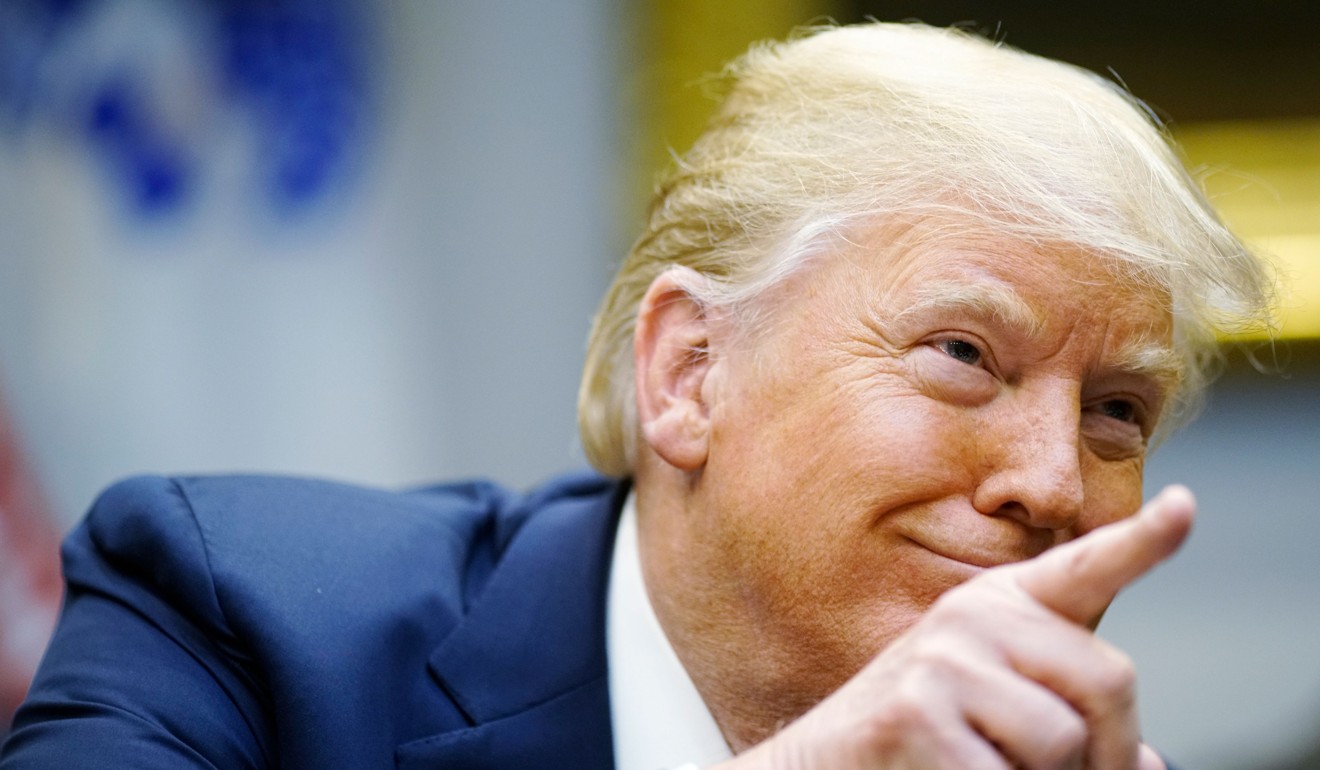
Amid escalating US-China trade war, Hong Kong must figure out how to protect its unique interests
Maintaining city’s special status and sparing it from possible collateral damage form important mission for commerce minister during Washington visit
Black humour in politics is not unusual, and amid the escalating US-China trade war, Hong Kong can be caught up in some of the irony.
He is on a much more important mission: to convince the US to maintain Hong Kong’s special status and thus spare the city from possible collateral damage stemming from the trade war.
His agenda includes talks to ensure the US keeps its promise to deal with post-1997 Hong Kong separately from mainland China in terms of trade and economic matters, in accordance with a special act the US Congress passed back in 1992.
Why Trump’s trade war is a blessing in disguise for Chinese leaders
It was against such a backdrop that Yau and the group started their journey this weekend, and their arrival in Washington coincides with the latest round of tariffs taking effect: a further 10 per cent, followed by an increase to 25 on January 1, 2019. What bad timing.

However, what is good or bad can be relative sometimes, and this is where the black humour comes in.
Tong’s remarks were no doubt encouraging to Yau in particular, and Chan may not have realised he had unwittingly done the commerce chief a favour by triggering the US diplomat’s open support for Hong Kong.
However, for Yau and the delegation, the real test is to come in the following days. It is not as simple as issuing a statement to condemn Chan, but to explain in a convincing way the complexity of Hong Kong’s current political and economic scenario, thereby highlighting the city’s unique differences from the mainland.
In short, it’s all about how to protect Hong Kong’s interests to the maximum without impacting the country’s strategy as a whole, while Beijing is contemplating its next step.

